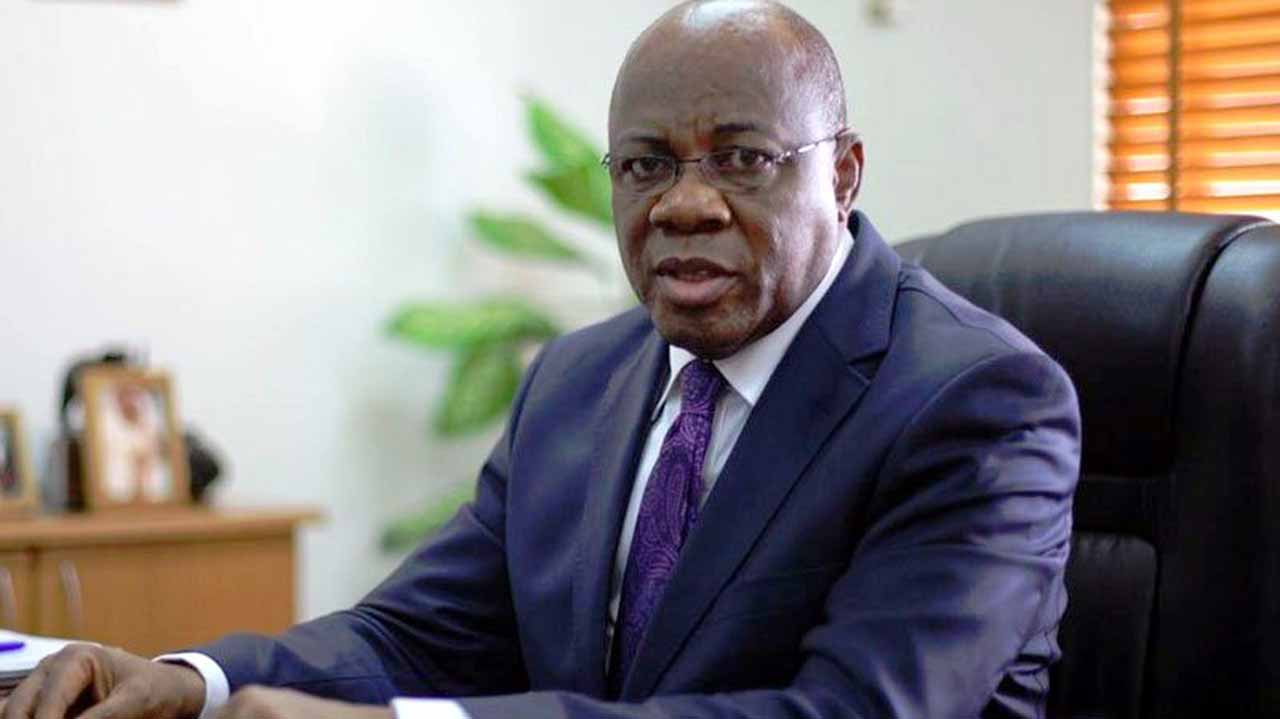The Manufacturers Association of Nigeria (MAN) has cautioned the federal government against interpreting the recent rebasing of Nigeria’s gross domestic product (GDP) as evidence of real economic progress, warning that the data conceals a continuing decline in industrial output, particularly in the manufacturing sector.
Speaking in Lagos on Tuesday, MAN Director-General, Segun Ajayi-Kadir, said while the Q1 2025 GDP growth rate of 3.13 per cent signals the potential for economic recovery, it fails to reflect the structural weaknesses undermining sustainable development.
“The rebasing confirms that Nigeria’s economy may be statistically larger, but it is not more productive, nor more industrialised,” he said.
Ajayi-Kadir explained that the revised GDP, which incorporates updated data from agriculture, services, and the informal sector, has diluted the visibility of industrial underperformance, especially manufacturing.
He noted that despite an apparent diversification of the economy, industry’s share of GDP has declined from 27.65 per cent under the 2010 base year to 21.08 per cent under the new 2019 base year.
“This marks a structural shift away from production toward low-productivity service activities,” he stated.
He warned that such a pattern is unsustainable for a country seeking inclusive growth and global competitiveness.
“Without a strong industrial base, GDP expansion may just become a hollow statistic,” he said.
Ajayi-Kadir described the average real GDP growth of 1.95 per cent between 2020 and 2024 as weak and indicative of a fragile productive base.
He urged policymakers to see the rebased GDP not as a mark of success but as a wake-up call to initiate sweeping structural reforms in industry and manufacturing.
“Nigeria must re-industrialise to achieve inclusive growth, build export capacity, and reduce dependence on primary commodities and informal activities,” he said.
While acknowledging that the upward revision of Nigeria’s GDP to $243 billion could potentially lift investor confidence and improve macroeconomic ratios such as debt-to-GDP, Ajayi-Kadir insisted that true economic confidence is built on “structural resilience, depth of industrial capacity, and productivity growth.”
He called for the sustained implementation of industry-focused initiatives such as the Industrial Revolution Working Group, increased access to long-term finance, and improved infrastructure.
He also pressed for targeted support to strategic manufacturing sub-sectors like textiles and vehicle assembly.
“The only way for the GDP growth to translate into poverty reduction, job creation, and macroeconomic stability is through a manufacturing-led growth strategy,” he said.
Ajayi-Kadir concluded by urging the federal government to address sector-specific constraints such as energy reliability, local content development, regulatory inefficiencies, and trade logistics, noting that these are essential to reversing the structural decline in Nigeria’s industrial base.






